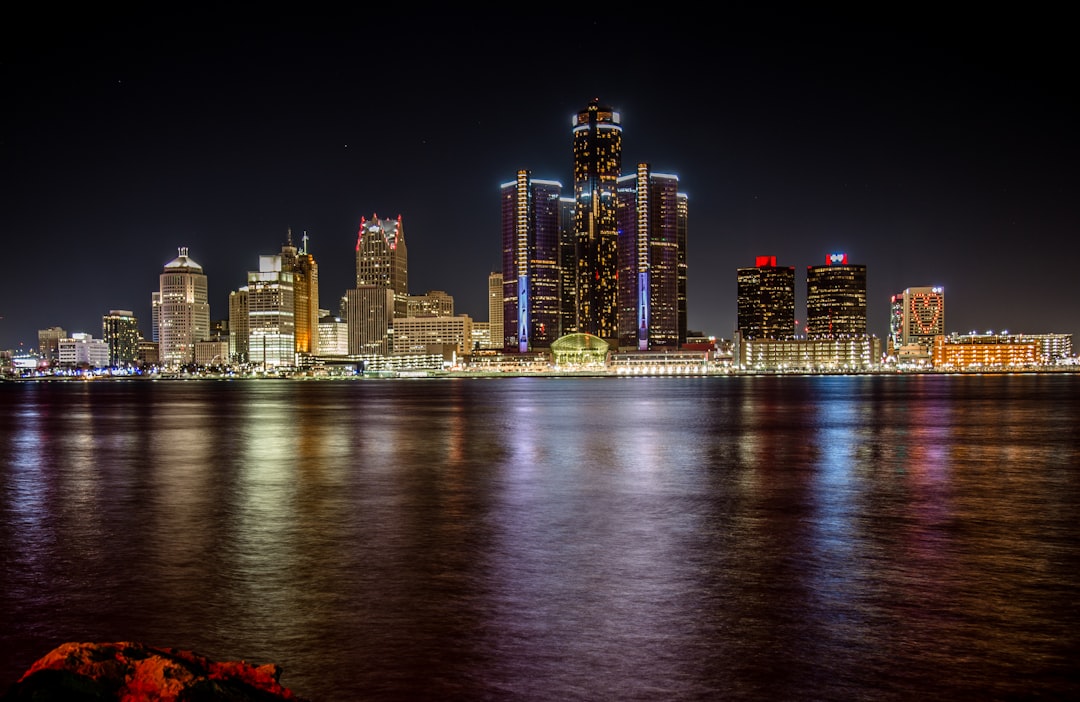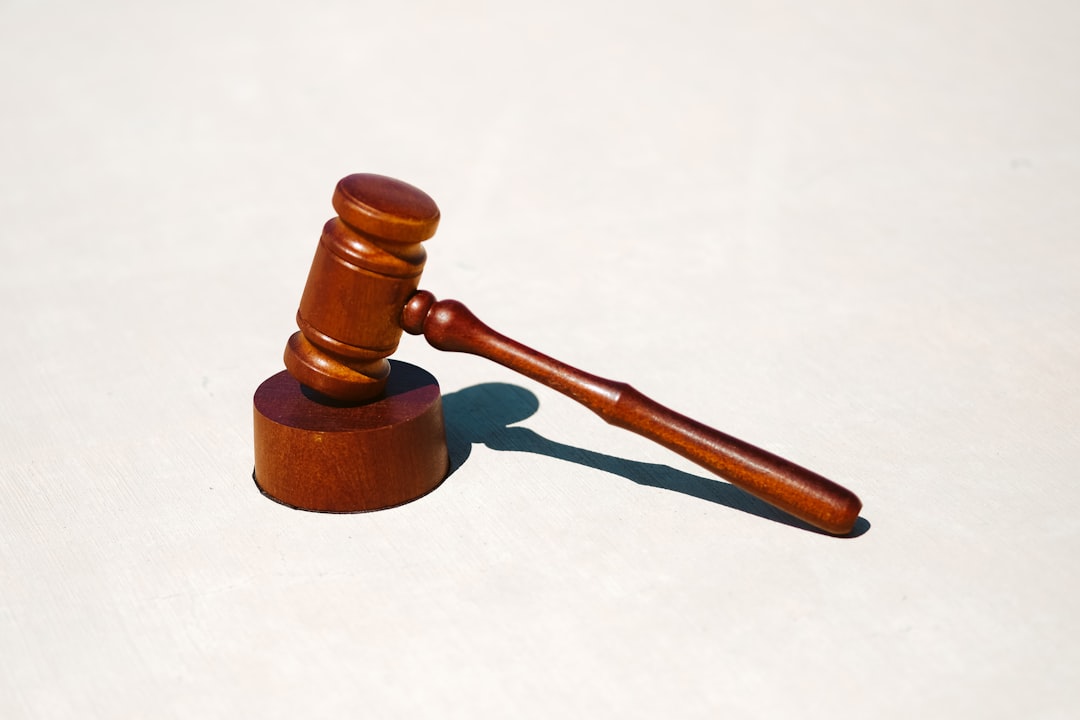The Sturgis Motorcycle Rally, a global attraction, faces increasing problems with spam calls disrupting its atmosphere. Automated marketing calls cause privacy concerns among attendees, leading many to consult Spam Call Lawyers Michigan to protect their rights and mitigate the impact of excessive robocalls. Event organizers in Michigan are employing advanced technologies, legal deterrents, and attendee education to combat these unwanted promotions, navigating telephone consumer protection laws (TCPA) to ensure a safe and enjoyable experience.
“As the Sturgis Motorcycle Rally, one of Michigan’s most vibrant events, prepares for another thrilling edition, organizers face a modern-day challenge: event-specific robocalls. This growing concern impacts attendees’ experience and raises critical privacy issues.
The article delves into the world of spam calls, their impact on the rally, and explores legal strategies to combat this issue. We discuss the role of spam call lawyers in Michigan, offering insights into protecting attendees’ privacy and ensuring a seamless rally experience.”
Understanding Robocalls and Their Impact on Sturgis Motorcycle Rally

The Sturgis Motorcycle Rally, a renowned event in Michigan, has always been a magnet for motorcycle enthusiasts from around the globe. However, with the rise of technology, so have concerns about robocalls increased. Robocalls, automated phone calls often used for marketing purposes, can disrupt the rally experience and leave attendees frustrated. These automated messages, sometimes disguised as emergency warnings or important updates, are designed to reach a wide audience quickly. While they serve their purpose in various industries, during high-profile events like Sturgis, they can become a nuisance.
Attendees may find themselves bombarded with unwanted calls promoting everything from local businesses to distant services. In the midst of enjoying the rally’s unique atmosphere and participating in thrilling motorcycle rides, these robocalls can disrupt conversations, cause distractions, and even lead to privacy concerns. As such, many attendees seek assistance from Spam Call lawyers Michigan to understand their rights and explore options to mitigate the impact of excessive robocalls during this annual celebration.
The Rise of Spam Calls in Michigan: A Growing Concern

In recent years, Michigan has witnessed a significant surge in spam calls, particularly targeting event organizers and attendees. This growing concern has prompted many to seek solutions, especially as events like the Sturgis Motorcycle Rally gain popularity. With the ease of automated technologies, unscrupulous call centers are making unwanted robocalls en masse, leaving a trail of frustration and legal complications in their wake. Event planners and participants alike are now turning to specialized spam call lawyers Michigan for guidance and protection against these pervasive intrusions.
The proliferation of spam calls has become an increasingly complex issue, as sophisticated call-blocking apps have led spammers to employ more insidious tactics. As a result, organizers of large gatherings, such as the renowned Sturgis Motorcycle Rally, are left with no choice but to take proactive measures. They must now navigate a legal landscape that is constantly evolving to keep pace with these relentless spammer operations.
Legal Implications for Organizers: Protecting Attendees' Privacy

Sturgis Motorcycle Rally organizers face a unique challenge with the increasing prevalence of event-specific robocalls, which can have significant legal implications. In Michigan, where the rally is held annually, protecting attendees’ privacy is not just a moral obligation but also a legal requirement.
Organizers must be aware that robocalls, if used without proper consent or in violation of the Telephone Consumer Protection Act (TCPA), can result in substantial fines and lawsuits. Spam call lawyers in Michigan are well-versed in these matters and can guide organizers on best practices to minimize risks. Implementing strict privacy policies, obtaining explicit consent for marketing purposes, and employing robust systems to block unwanted calls are essential steps to ensure compliance and protect the rally’s participants from invasive communications.
Strategies to Combat Event-Specific Robocalls at Sturgis

To combat event-specific robocalls at Sturgis, organizers have implemented several innovative strategies. One key approach involves leveraging advanced phone number blocking technologies that can identify and filter out unwanted calls in real time. Additionally, they’ve partnered with reputable Spam call lawyers Michigan to develop robust legal frameworks that deter abusers and protect attendees’ privacy.
Another effective measure is the deployment of dedicated monitoring teams during the rally. These teams manually review incoming calls, flagging suspicious activity, and working closely with telecom providers to block or redirect malicious robocalls. Furthermore, organizers have started educating attendees about recognizing and reporting these calls, empowering them to become an integral part of the solution.
The Role of Spam Call Lawyers in Ensuring a Smooth Rally Experience

When millions descend on a small town for an event like Sturgis Motorcycle Rally, ensuring a smooth experience for all attendees becomes a monumental task. Among the many challenges, managing unwanted robocalls stands out as a significant concern. This is where Michigan’s spam call lawyers step into play, offering crucial expertise in navigating the complex landscape of telephone consumer protection laws (TCPA).
These legal professionals specialize in preventing and mitigating robocall-related issues specific to large gatherings like motorcycle rallies. By understanding the nuances of the TCPA, they guide organizers in implementing effective strategies to block spam calls, ensuring participants enjoy the event without constant interruptions from unsolicited messages. Such proactive measures not only enhance the overall experience but also safeguard organizers against potential legal repercussions associated with unauthorized robocalls.






